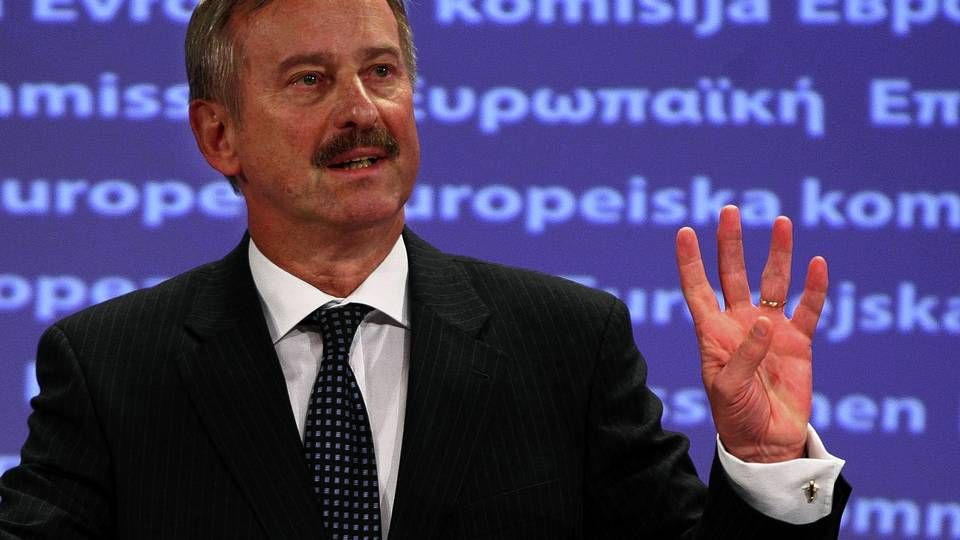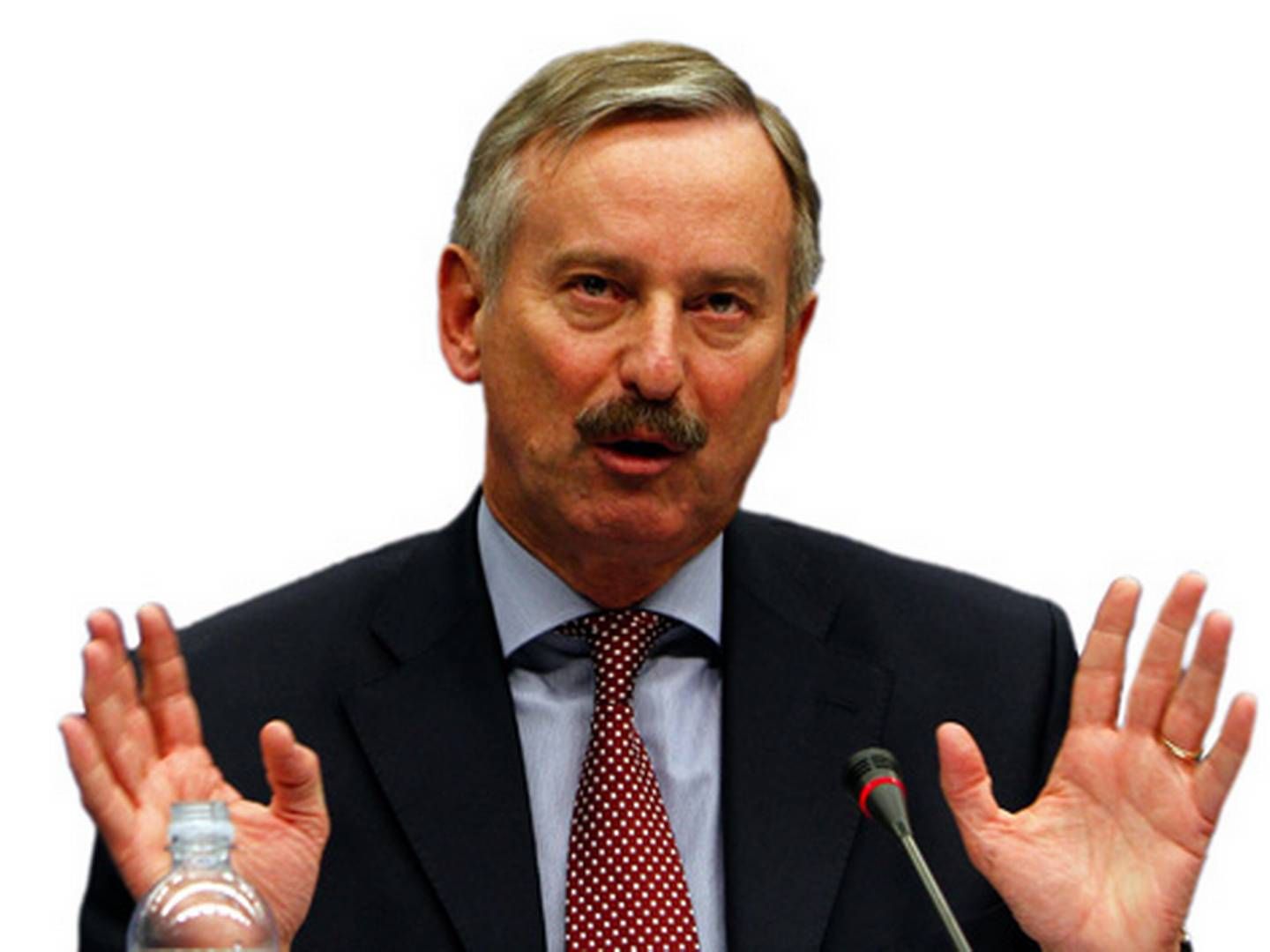EU Parliament abandons plan to liberalize ports

The EU Parliament's rapporteur on the Commission's proposal to liberalize services, Knut Fleckenstein, announced on Thursday that the Parliament has opted to suspend the efforts to legislate about, among other things, increased market access to services in European ports and a higher degree of transparency in the ports.
According to a statement from the European Community of Shipowners' Associations, ECSA, Fleckenstein attributes the decision to a lack of time and an aversion to reach a compromise about what carriers consider the key element in the proposal, namely the issue of increased market access, and not least the "lack of understanding for the EU Commission's intentions in terms of state aid applicable in the ports."
In other words, the proposal ultimately became so watered down by comments from members of the EU Parliament, with more than 500 proposed changes, that the Commission decided to suspend the legislative process. This marks the third time, after 2003 and 2006, that the Parliament abandons efforts to liberalize services in ports that are heavily regulated, especially in Southern Europe, through a long list of stakeholders and unions.
ECSA: EU watering down LNG network
“The initial proposal was already weak to begin with, given that essential elements such as cargo-handling and passenger services had been excluded. Disheartening as it was to witness some of the amendments introduced in Parliament, we maintained until now a glimmer of hope that the proposal would not be stripped down to little more than an empty shell,” says Patrick Verhoeven, Secretary General of the ECSA.
He calls for the EU Commission to continue its efforts to liberalize the European ports.

The EU Commissioner for Transport, Siim Kallas, has on several occasions been forced to admit that the European monopolies that ensure port workers exclusive agreements are difficult to get rid of, and that the port workers' monopolies in certain European ports constitute a tough and powerful opponent.
"It's not easy right now to challenge monopolies and exclusive rights granted through national legislation," Siim Kallas said at a meeting during the spring of 2013.
The European ports are considered some of the biggest economic and employment drivers in the entire EU infrastructure.
Related articles
New EU port initiative sidesteps sore spot
For subscribers
Ports: Illusion to think dialogue leads to more competition
For subscribers




















